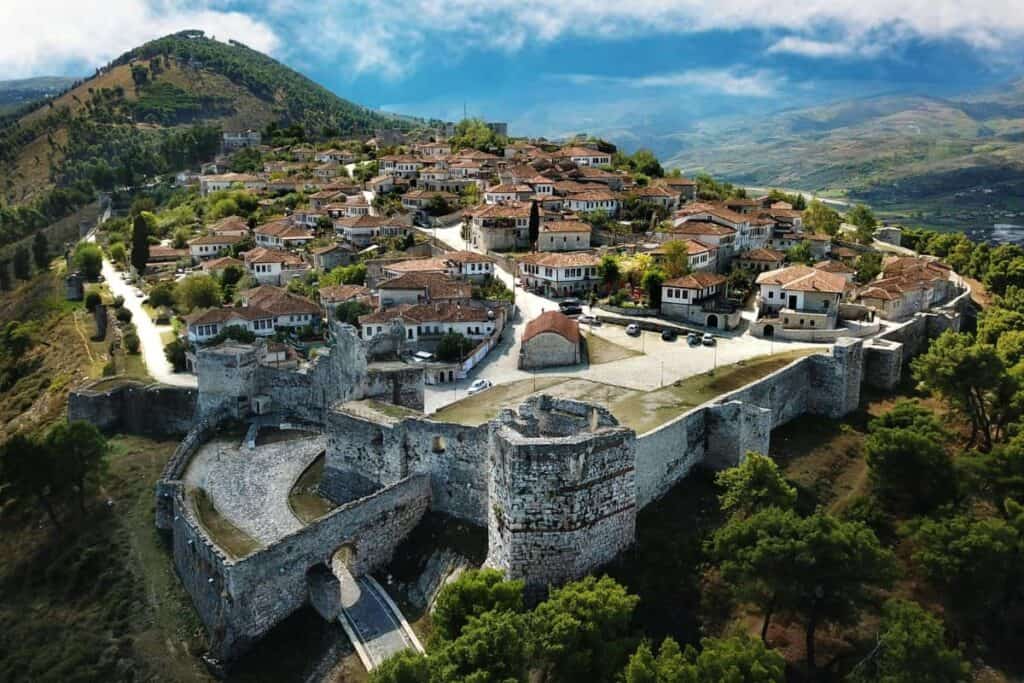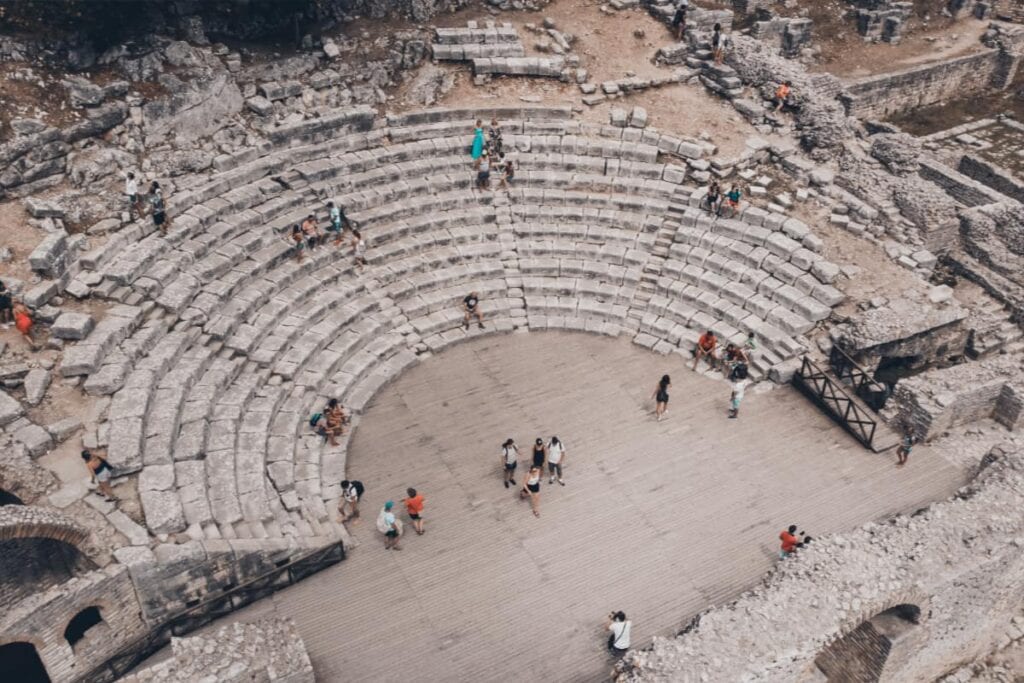Introduction
Albanian traditions are deeply rooted in history and culture, reflecting the nation’s rich heritage and unique identity. From hospitality to folklore, Albania offers a captivating glimpse into customs passed down through generations. Whether you’re visiting for the first time or seeking to connect with the culture, understanding Albanian traditions will enhance your experience and appreciation for this vibrant country.
1. The Tradition of Hospitality
One of the most prominent Albanian traditions is the concept of “besa”, meaning trust or promise. This custom emphasizes the importance of welcoming guests with warmth and generosity. Visitors are often treated to homemade byrek (savory pie) and rakia (fruit brandy). Refusing a guest is considered impolite, and Albanians often go above and beyond to make visitors feel at home.
Hospitality isn’t just a formality; it’s a deep cultural value. Guests are sometimes regarded as blessings, with the belief that their presence brings good fortune to the household.
2. Albanian Weddings
Albanian weddings are grand celebrations that blend ancient traditions with modern flair. These multi-day events include colorful ceremonies, traditional music, and folk dances. The “Shota” dance is a highlight, with couples performing intricate moves to lively tunes. Brides often wear white dresses, but traditional costumes with embroidered details may also be part of the festivities.
The exchange of gifts between families is another key element. Gold jewelry and symbolic items are often given, signifying prosperity and a strong family bond.
3. Folklore and Superstitions
Albanian folklore is rich with tales of mythical creatures like the Kukudh and the Zana. These stories often serve as moral lessons and are passed down orally. Superstitions also play a significant role in daily life, such as the belief in the evil eye, which is warded off by wearing blue charms or garlic.
Another intriguing superstition involves spilling coffee grounds. Albanians often interpret patterns in the grounds as omens, offering insight into one’s future.
4. Religious Harmony and Festivals
Albania is known for its religious tolerance, where Muslims, Christians, and others coexist peacefully. Major religious festivals like Eid al-Fitr and Christmas are celebrated with equal enthusiasm. Additionally, the Day of Summer Festival in Elbasan marks the arrival of spring and is one of the country’s most cherished celebrations.
5. Traditional Clothing
Albanian traditional costumes are a vivid expression of regional identity. Each region has its distinct style, characterized by intricate embroidery, bright colors, and gold or silver threadwork. The fustanella (a pleated skirt for men) and the xhubleta (a bell-shaped dress for women) are iconic pieces often worn during cultural festivals and performances.
These outfits are not just decorative—they symbolize Albania’s history and the resilience of its people.
6. Family Values and Respect for Elders
Family plays a central role in Albanian traditions. Elders are highly respected, and their advice is often sought in important decisions. It’s common for multiple generations to live together, maintaining close-knit family bonds. During visits, younger family members often kiss the hands of elders as a sign of respect.
7. Festivals and Celebrations
Albanian festivals reflect the country’s rich cultural heritage. The National Folklore Festival of Gjirokastër, held every five years, is a celebration of music, dance, and traditional costumes. Local events, such as the Olive Festival in Berat, showcase regional specialties and bring communities together in joyous celebration.
These festivals not only celebrate traditions but also serve as a bridge connecting the younger generation with Albania’s past.
8. Albanian Cuisine as Tradition
Food is an essential part of Albanian traditions, often prepared with love and care for special occasions. Signature dishes like tavë kosi (baked lamb and yogurt) and flija (layered pastry) are must-tries. Meals are often accompanied by heartfelt toasts and laughter, making dining a communal experience.
Cuisine in Albania is more than sustenance—it’s a way of preserving cultural identity.
Conclusion
Albanian traditions provide a window into the heart and soul of the country. From its legendary hospitality to vibrant festivals and deep-rooted family values, these customs are what make Albania truly unique. Whether you’re exploring folklore, attending a wedding, or simply enjoying a meal, immersing yourself in Albanian traditions is an unforgettable experience.


